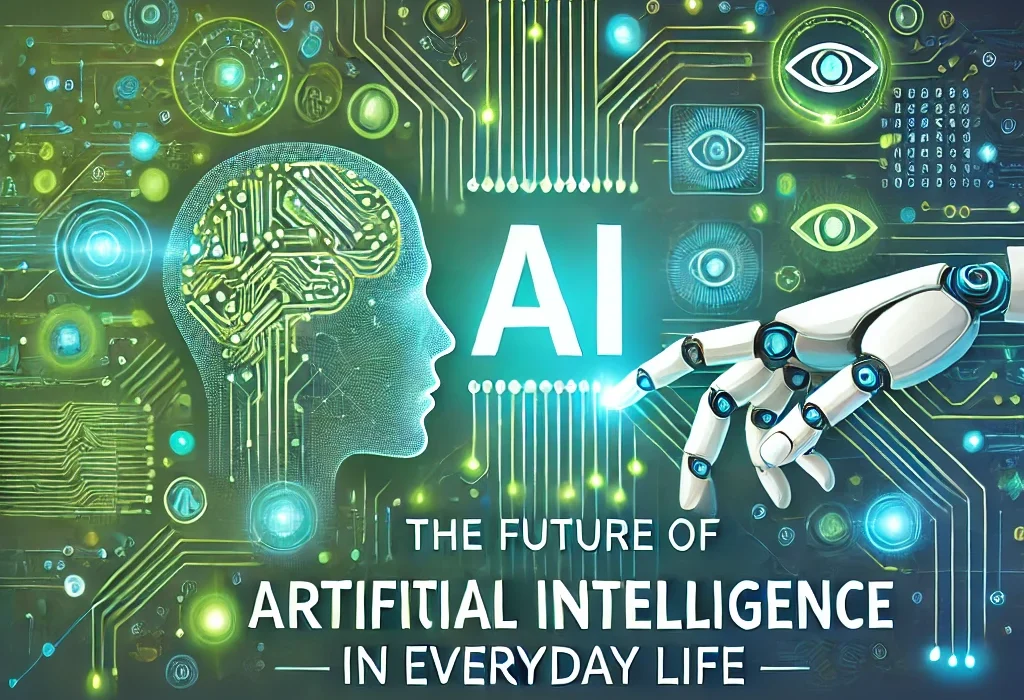Artificial Intelligence (AI) is transforming industries worldwide, and software development is no exception. The integration of AI into software engineering has brought unprecedented efficiency, accuracy, and innovation. From automating mundane tasks to facilitating advanced predictive analytics, AI is redefining how software is developed, tested, and maintained. This article explores the profound impact of AI on the software development industry, highlighting its applications, benefits, challenges, and future trends.
AI Applications in Software Development
1. Automated Code Generation
AI-powered tools like GitHub Copilot and DeepCode assist developers by generating code snippets, suggesting optimizations, and automating repetitive coding tasks. These tools analyze vast datasets of existing code to provide relevant suggestions, speeding up the development process.
2. Testing and Debugging
AI enhances software testing by automating the identification of bugs and vulnerabilities. Tools like Testim and Applitools use machine learning to perform regression testing, UI testing, and performance analysis, significantly reducing the time required for these tasks.
3. Predictive Analytics
AI systems analyze historical project data to predict potential risks, delays, and resource requirements. By leveraging predictive analytics, project managers can make informed decisions to streamline workflows and improve delivery timelines.
4. Natural Language Processing (NLP) in Documentation
AI-powered NLP tools help in generating and updating software documentation. These tools analyze codebases and produce readable explanations, making it easier for developers to understand and modify code.
5. Chatbots and Virtual Assistants
AI chatbots integrated into development environments assist developers by answering queries, providing documentation references, and suggesting best practices.
6. Intelligent DevOps
AI enhances DevOps by automating deployment processes, monitoring system performance, and predicting potential failures. Tools like Splunk and Dynatrace leverage AI to optimize Continuous Integration and Continuous Deployment (CI/CD) pipelines.
Benefits of AI in Software Development
1. Increased Productivity
AI automates repetitive and time-consuming tasks, allowing developers to focus on complex and creative aspects of software engineering. This leads to faster project completion and higher-quality output.
2. Improved Accuracy
By reducing human error in coding, testing, and debugging, AI ensures the development of reliable and robust software. Tools like SonarQube and CodeGuru identify and rectify errors with remarkable precision.
3. Enhanced Collaboration
AI-powered platforms enable seamless collaboration among development teams, even in remote settings. Real-time code analysis and feedback tools improve communication and understanding across teams.
4. Cost Efficiency
Automating tasks and optimizing workflows reduces the need for manual intervention, cutting down labor costs and project expenses.
5. Scalability
AI enables software to adapt to increasing user demands by dynamically scaling resources. This is particularly beneficial in cloud-based applications and microservices architectures.
Challenges in Implementing AI in Software Development
1. Learning Curve
Integrating AI tools requires developers to learn new skills and adapt to evolving technologies, which can be time-consuming and challenging.
2. Initial Investment
The deployment of AI-powered systems involves significant upfront costs, including software licenses, training, and infrastructure.
3. Data Dependency
AI systems rely heavily on high-quality data. Incomplete or biased datasets can lead to inaccurate predictions and suboptimal outcomes.
4. Ethical Concerns
The use of AI raises ethical questions regarding data privacy, algorithmic bias, and the potential displacement of human jobs.
5. Integration Complexity
Integrating AI into existing workflows and legacy systems can be technically challenging, requiring substantial effort and expertise.
Future Trends in AI-Driven Software Development
1. AI-Driven Low-Code and No-Code Platforms
AI will play a pivotal role in the rise of low-code and no-code platforms, enabling non-technical users to create software through intuitive interfaces and AI-guided workflows.
2. Autonomous Development
The future may see the emergence of fully autonomous systems capable of designing, coding, testing, and deploying software with minimal human intervention.
3. Enhanced Personalization
AI will enable the development of highly personalized software solutions tailored to individual user needs, improving user experience and satisfaction.
4. Advanced Security Solutions
AI will continue to enhance cybersecurity measures in software development, detecting and mitigating threats in real-time.
5. Quantum Computing Integration
As quantum computing matures, AI algorithms will leverage its computational power to solve complex software development challenges.
Conclusion
AI’s impact on the software development industry is transformative, offering unparalleled efficiency, accuracy, and innovation. While challenges exist, the benefits far outweigh the drawbacks, paving the way for a future where software development is faster, more reliable, and increasingly user-centric. As AI continues to evolve, its role in shaping the software landscape will only grow, making it an indispensable asset for developers and organizations worldwide.

